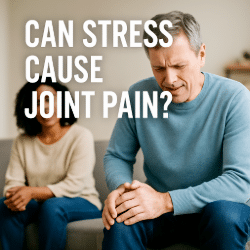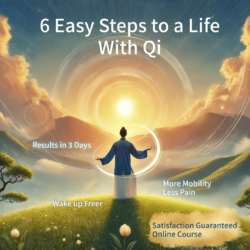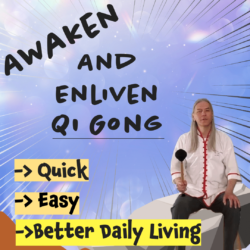Natural Ways to Relieve Stress-Related Joint Pain
No single method works for everyone. However, evidence suggests that certain practices may reduce stress and indirectly support joint health.
1. Qi Gong: A Gentle, Evidence-Supported Practice
Qi Gong is a traditional Chinese practice blending slow, deliberate movement with controlled breathing and focused attention.
Preliminary studies suggest Qi Gong can lower inflammation markers, improve flexibility, and reduce pain perception (National Center for Complementary and Integrative Health, 2020).
Qi Gong promotes circulation and may reduce muscle tension without stressing vulnerable joints.
Always check with your healthcare provider before beginning a new practice, especially if you have joint pain or chronic conditions. Related information about healing with qi gong can be found here (qi gong healing).
2. Mindfulness and Breathwork
Mindfulness meditation and breathwork have been shown to lower cortisol levels and reduce perceived pain in multiple clinical studies (Mayo Clinic, 2022).
Even a few minutes of deep, focused breathing each day may help ease both emotional and physical tension.
3. Low-Impact Strength Training
Strengthening the muscles around your joints can enhance stability and reduce wear on cartilage (Arthritis Foundation, 2021).
Focus on exercises that emphasize controlled movements, such as bodyweight training or resistance bands, rather than high-impact, heavy lifting.
4. Gentle Stretching and Mobility Work
Stretching promotes blood flow, enhances joint lubrication, and releases tight muscles that might otherwise compress joints.
Options like dynamic stretching, gentle yoga, and simple mobility drills are all helpful when done carefully and consistently.
5. Prioritize Sleep and Recovery
Sleep is vital for reducing systemic inflammation and allowing for tissue repair.
Experts recommend aiming for 7–9 hours of restful sleep per night (Sleep Foundation, 2022).
Strategies such as establishing a calming nighttime routine, minimizing blue light exposure, and incorporating relaxation practices like Qi Gong can aid restful sleep.


